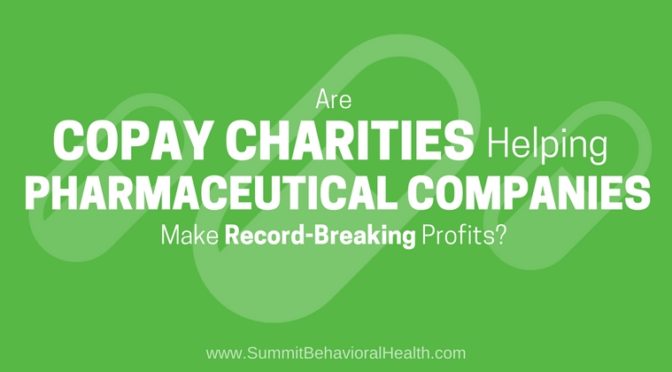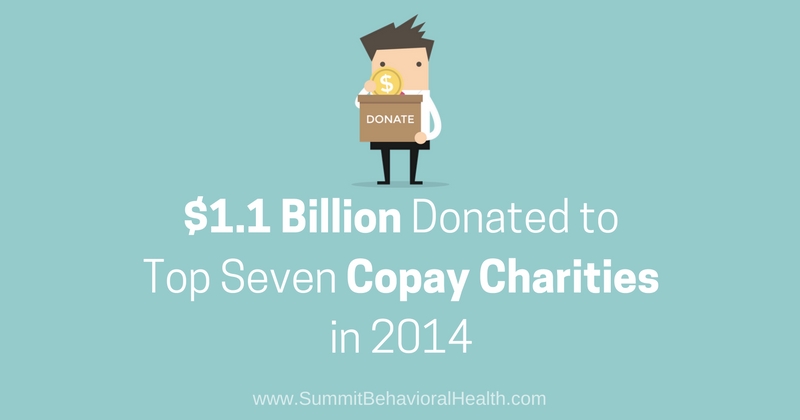He would visit the doctor during peculiar hours; between 8 p.m. and 2 a.m. on a Saturday or Sunday.
Under the cover of darkness, in a strip mall in La Puente, a man calling himself “Juan” came in search of powerful pain pills and other controlled substances. He didn’t have any identification and he told the doctor he was either drunk or on drugs.
It didn’t matter. He got what he came for.
Dr. Daniel Cham, who was a licensed physician in California at the time, handed “Juan” prescriptions for hundreds of pills including Oxycodone, a powerful opioid, Xanax, a sedative, and Soma, a muscle relaxer.
“Dr. Cham was not practicing legitimate medicine. Dr. Cham was, in the eyes of the law, a drug pusher,” said Ben Barron, an Assistant United States Attorney who prosecuted Dr. Cham who was charged with narcotics trafficking, money laundering, fraud, and making a false statement to authorities.
What Dr. Cham didn’t know was that the patient who called himself “Juan,” was actually an undercover Los Angeles County Sheriff’s Department detective and that he was secretly filming his interactions with the physician.
During one visit, Dr. Cham asks the undercover agent, “What else do you need?” In response, the detective tells him, “How about some Soma?” Dr. Cham then asks how much he wants. “Let’s go with 3 times a day,” replies the agent.
Dr. Cham also asked the detective how he wanted the prescriptions filled out. “Is it all on one script?” asks Dr. Cham. The detective responds, “Can you make it two again like last time? Can you put the Oxy and Soma together and the Xanax on the other one?”
“Dr. Cham did no physical examination; he would tell the agent what symptoms he should claim to feel,” said Barron. “Dr. Cham demanded 300 dollars cash for a prescription for hydrocodone or vicodin.”
Barron says the doctor would sometimes ask for more money when the undercover agent asked for more powerful pain pills like oxycodone. The prosecutor says that’s typical in these cases. The more powerful the medication, the more money the physician wants in return for a prescription.
Source: http://www.nbclosangeles.com/investigations/Physician-and-Pharmacy-Help-Fuel-Demand-for-Illegal-Pain-Pills-423235214.html#ixzz4hgI92T68
Follow us: @NBCLA on Twitter | NBCLA on Facebook



